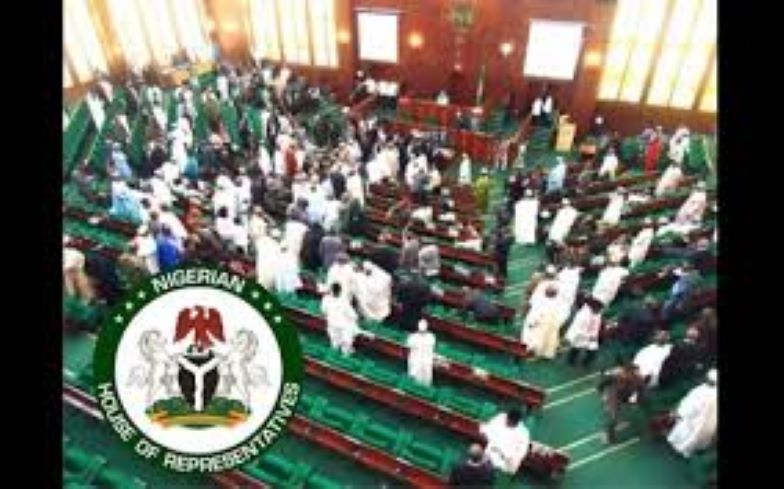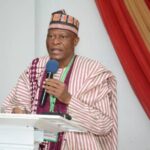By Mercy Aikoye
The House of Representatives has taken a major step to scrap the current presidential system of government being run in Nigeria and replace it with the parliamentary mode of government.
This was as the House introduced three Bills, seeking to alter the Constitution of the Federal Republic of Nigeria 1999 to allow transition from the current presidential system to a parliamentary system at all levels of government – federal, state, and local government.
The Bills, namely ‘Constitution of the Federal Republic of Nigeria, 1999 (Alteration) Bill, 2024’, HB.1115, HB.1116 and HB.1117 sponsored by Hon. Kingsley Chinda, the Minority Leader and 59 others, passed through the First Reading statpge at plenary on Wednesday.
The proposed legislations sought to
replace the President with a Prime Minister to serve as the Head of Government and establishing the office of the President as a ceremonial leader with the elective offices chosen from the elected members of the legislature.
It also intends to shift the process of electing Governors and Chairmen of Local Governments from general election to voting within their respective legislative bodies, and reduce bureaucratic hurdles and fostering closer collaboration between the executive and legislative branches of government.
Addressing journalists on the general principles of the Bills, Spokesperson for sponsors, Hon. Abdussamad Dasuki (PDP, Sokoto), said the proposed alterations, when passed, would significantly impact the national political landscape.
Dasuki said when the parliamentary system of government was practised in the First Republic, it worked for the country as by its nature the elected representatives that were both in the legislative and executive arms of government were accountable to the people.
He argued the collapse of the First Republic and the long stretch of military rule culminated in the adoption of a new system of government, theoretically fashioned after the Presidential System of the United States but in practice imbibed the uttermost attributes of military rule.
The lawmaker said the high cost of governance, leaving fewer resources for crucial areas like infrastructure, education, and healthcare, and consequently hindering the nation’s development progress, and the excessive powers vested in the members of executive were the imperfections of the presidential system of government.
“The Bills presented today seek a return to the system of government adopted by our founders, which made governance accountable, responsible and responsive, and ultimately less expensive.
“With the presentation of these Bills today, we hope to achieve the following: Ignite, provoke a national conversation about the future of Nigerian governance system.
“To ensure robust public debates, stakeholder consultations, expert analyses, and a thorough and informed decision-making process.
The sponsors of the Bills, however, said the take-off time for the new law if eventually passed will be from 2031, apparently when President Bola Tinubu and others elected into offices for the first term might have completed their second tenures.



